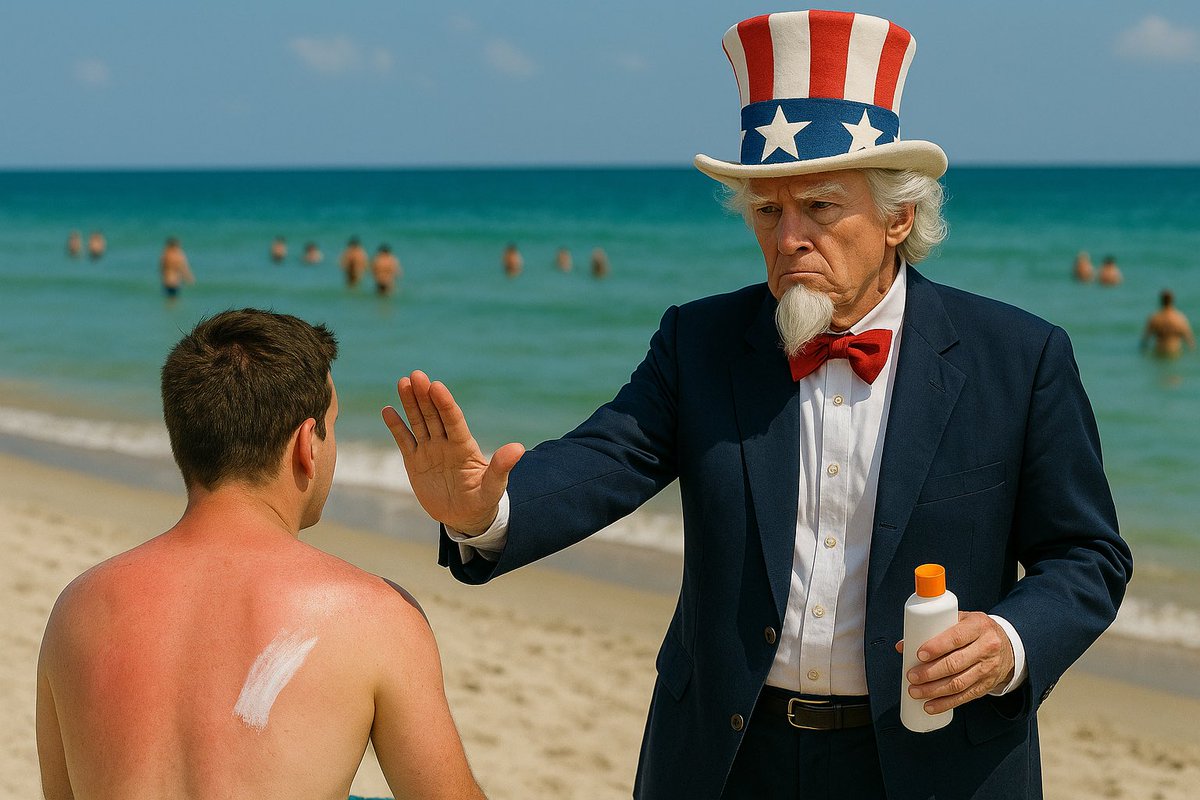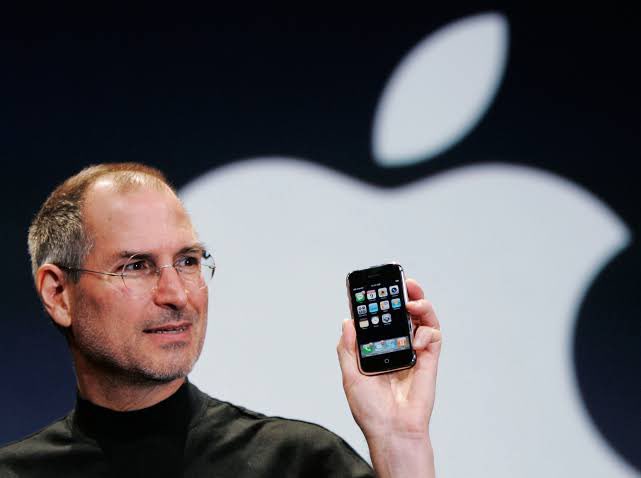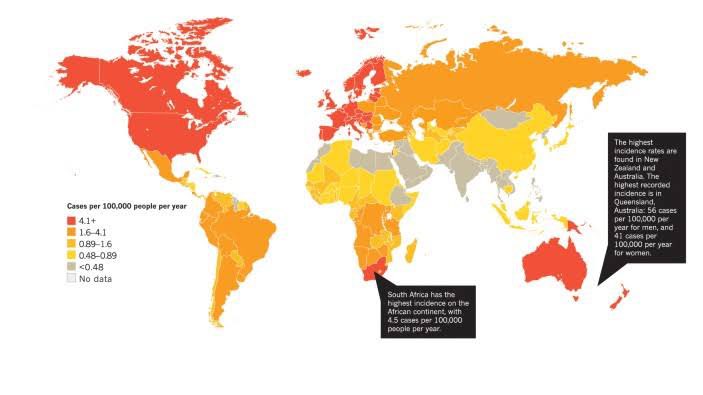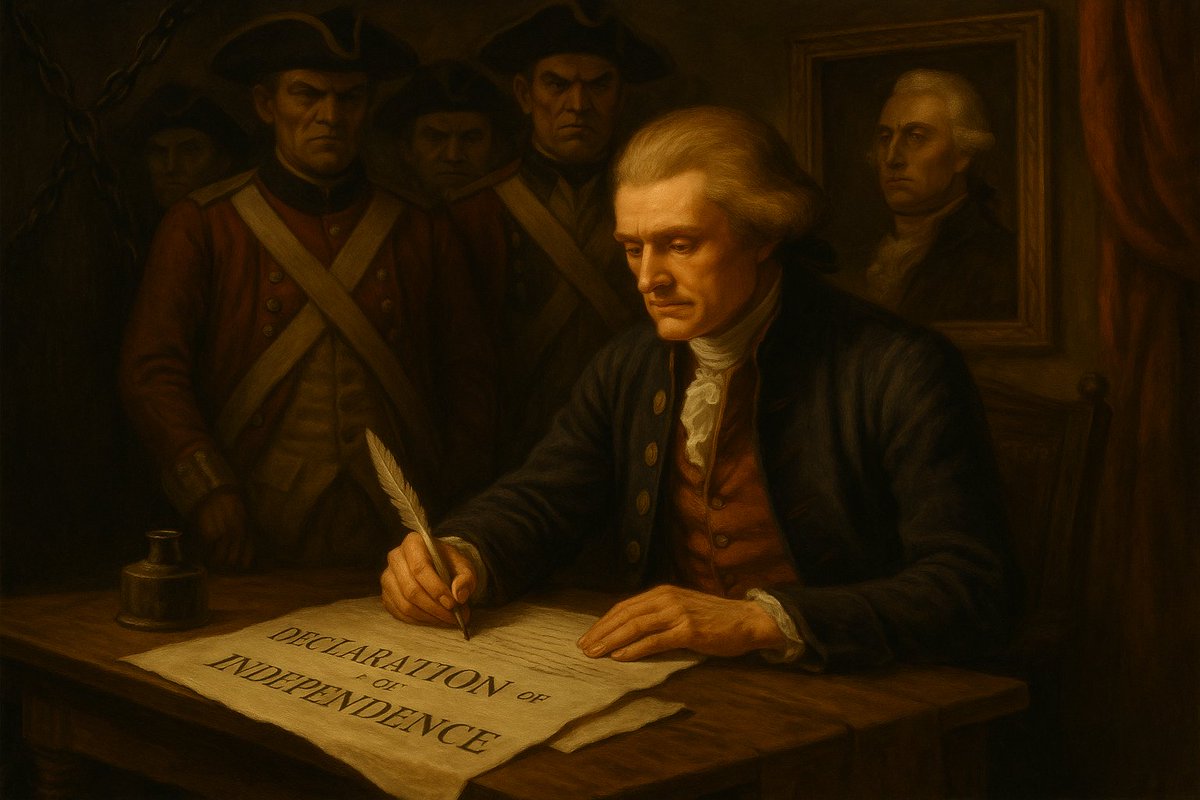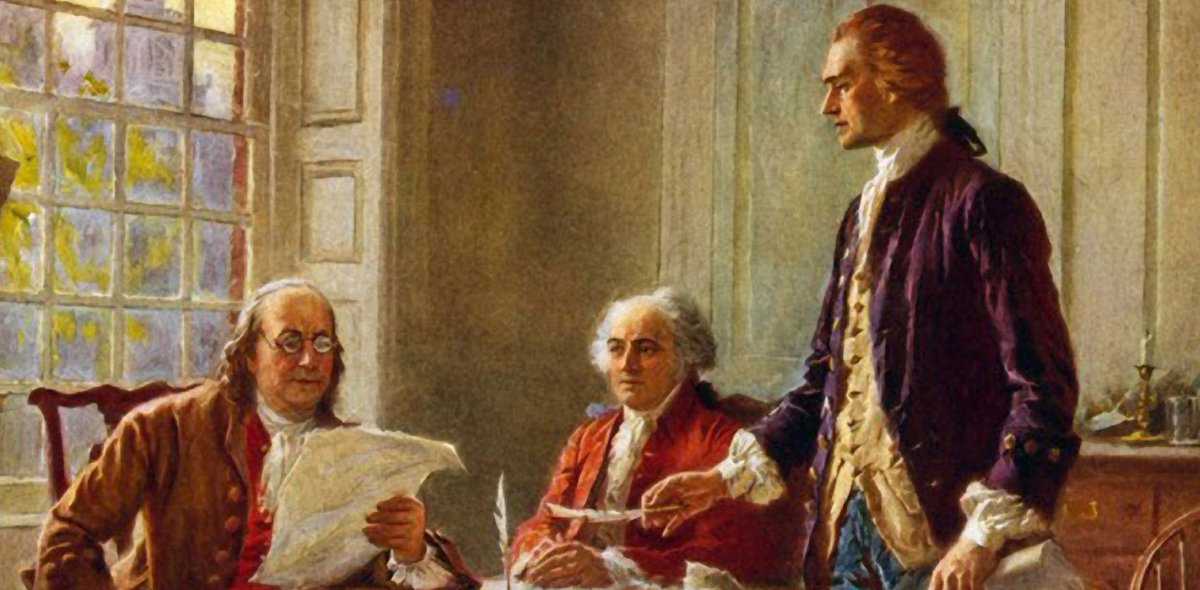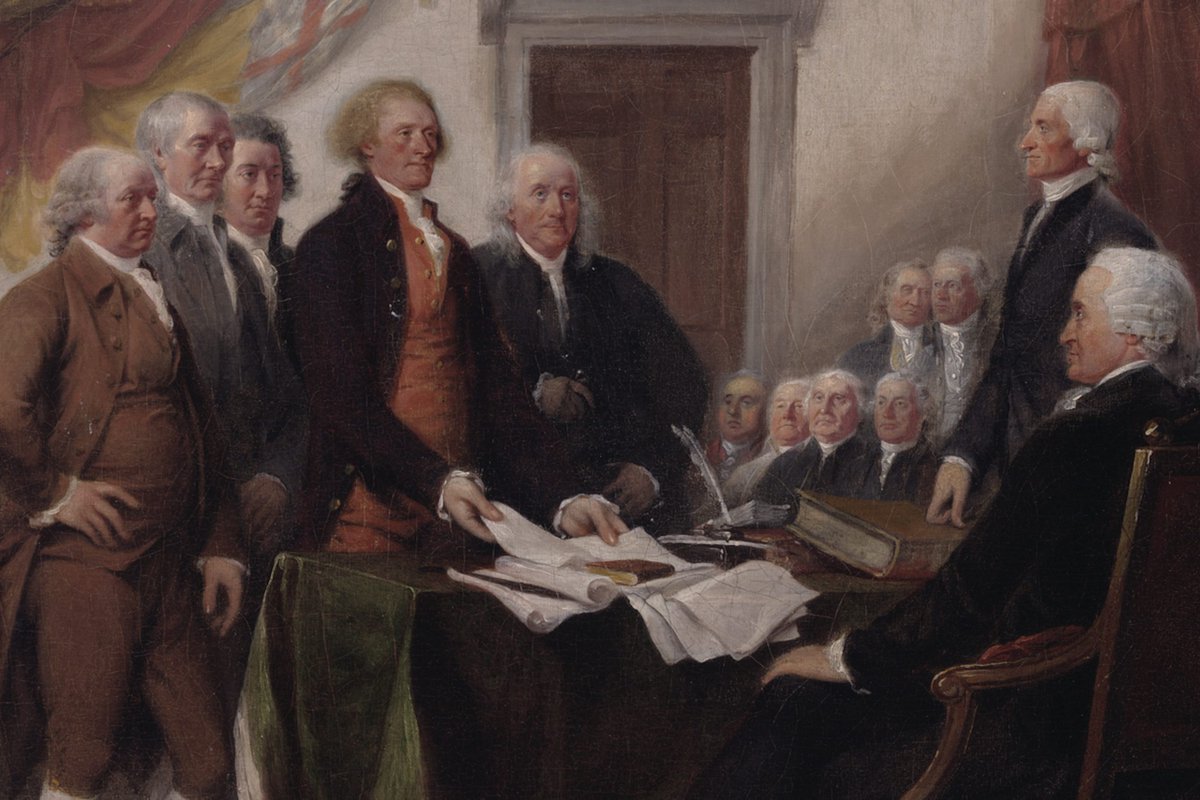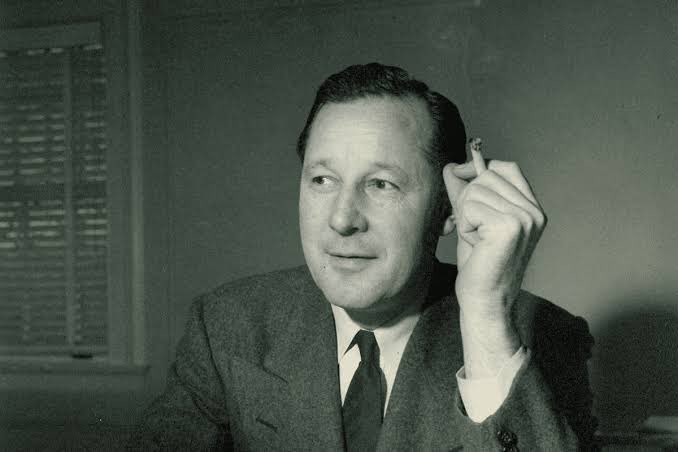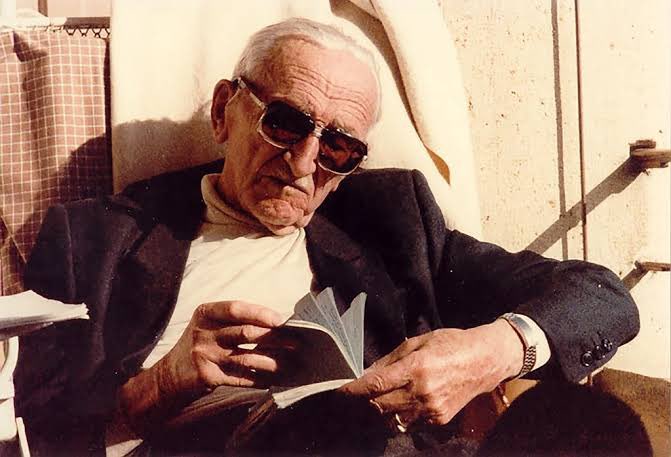Nuclear reactors are spending millions to protect you from radiation levels lower than eating a banana.
This isn't safety theater—it's the 70-year regulatory nightmare that killed American nuclear power.
But recent executive orders could change everything. 🧵
This isn't safety theater—it's the 70-year regulatory nightmare that killed American nuclear power.
But recent executive orders could change everything. 🧵

The absurdity is staggering.
America has been treating nuclear power like it's made of pure plutonium when most of it is safer than your morning coffee.
The culprit? The "Linear No Threshold" (LNT) - the assumption that ANY radiation exposure, no matter how tiny, is dangerous.
America has been treating nuclear power like it's made of pure plutonium when most of it is safer than your morning coffee.
The culprit? The "Linear No Threshold" (LNT) - the assumption that ANY radiation exposure, no matter how tiny, is dangerous.

The economics are insane.
Companies are forced to engineer solutions for radiation levels so low they're essentially meaningless.
It's like requiring every car to be built to survive a nuclear blast because technically, any car accident could be deadly. The costs pile up until nuclear becomes "uneconomical."
Companies are forced to engineer solutions for radiation levels so low they're essentially meaningless.
It's like requiring every car to be built to survive a nuclear blast because technically, any car accident could be deadly. The costs pile up until nuclear becomes "uneconomical."
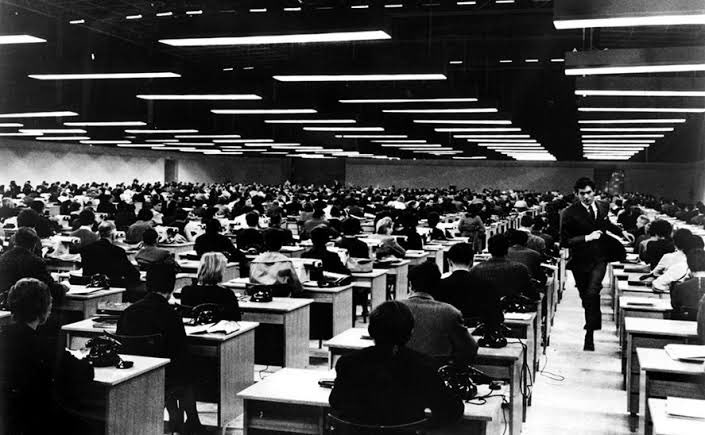
Meanwhile, China and Russia are eating America's lunch.
They're building nuclear plants across Africa, South America, and Asia while the US has been paralyzed by its own regulatory hysteria.
America invented nuclear power, then regulated it itself out of the game.
They're building nuclear plants across Africa, South America, and Asia while the US has been paralyzed by its own regulatory hysteria.
America invented nuclear power, then regulated it itself out of the game.
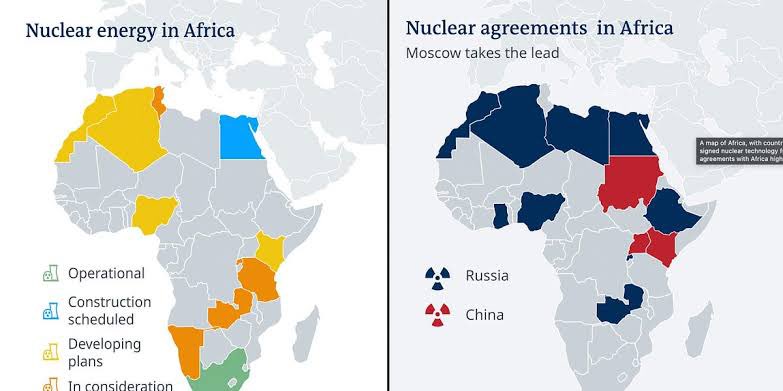
Trump's executive orders don't just challenge LNT.
They completely reverse how America approaches nuclear:
— Department of Energy becomes a testbed for innovation again, not a regulatory obstacle;
— Small reactors under safety thresholds get fast-tracked
— Military bases will get nuclear power to create demand and prove viability;
— Companies can build, test, and iterate rapidly.
The goal? 400 gigawatts of nuclear power by 2050, quadrupling America's current capacity.
This is important because countries with abundant, cheap energy will dominate the next century's race for AI compute and advanced manufacturing. The EOs gave America a shot at winning that race by unleashing the market instead of strangling it with fear-based regulations.
They completely reverse how America approaches nuclear:
— Department of Energy becomes a testbed for innovation again, not a regulatory obstacle;
— Small reactors under safety thresholds get fast-tracked
— Military bases will get nuclear power to create demand and prove viability;
— Companies can build, test, and iterate rapidly.
The goal? 400 gigawatts of nuclear power by 2050, quadrupling America's current capacity.
This is important because countries with abundant, cheap energy will dominate the next century's race for AI compute and advanced manufacturing. The EOs gave America a shot at winning that race by unleashing the market instead of strangling it with fear-based regulations.
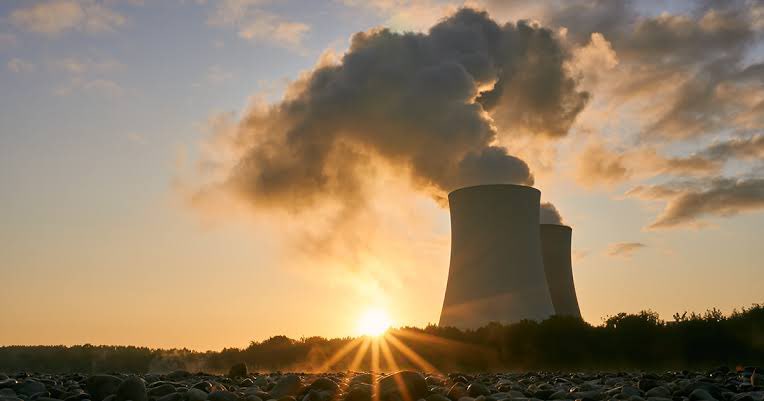
This approach is closer to how markets should work.
The old system was backwards. The Nuclear Regulatory Commission (NRC) was literally trying to regulate advanced nuclear technology before any significant number of reactors had been built. It's like trying to write traffic laws for flying cars before anyone figured out how to make them fly.
The old system was backwards. The Nuclear Regulatory Commission (NRC) was literally trying to regulate advanced nuclear technology before any significant number of reactors had been built. It's like trying to write traffic laws for flying cars before anyone figured out how to make them fly.
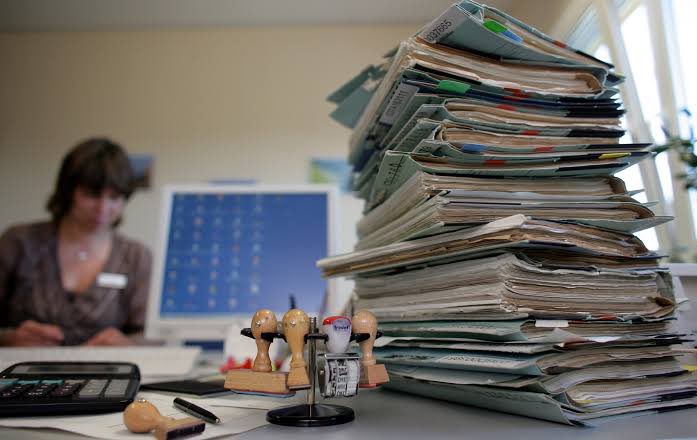
Will these orders face bureaucratic resistance and legal challenges? Absolutely. The nuclear establishment will fight to preserve their regulatory empire.
The orders require NRC decisions to go through additional White House review to ensure real reform happens, but this could ironically slow down the 18-month approval deadlines.
But as @heritage senior fellow Jack Spencer noted: "Anything that creates pressure toward reform is good."
The orders require NRC decisions to go through additional White House review to ensure real reform happens, but this could ironically slow down the 18-month approval deadlines.
But as @heritage senior fellow Jack Spencer noted: "Anything that creates pressure toward reform is good."
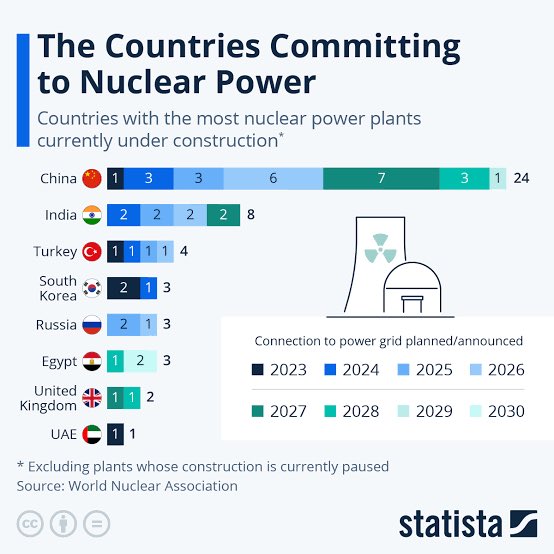
Ready to learn how to spot when government "solutions" are actually the problem?
Check out our free 5-day course: How to Not Be an NPC—Think Like Thomas Sowell
👉 go.studentsforliberty.org/npc-sowell/
Check out our free 5-day course: How to Not Be an NPC—Think Like Thomas Sowell
👉 go.studentsforliberty.org/npc-sowell/
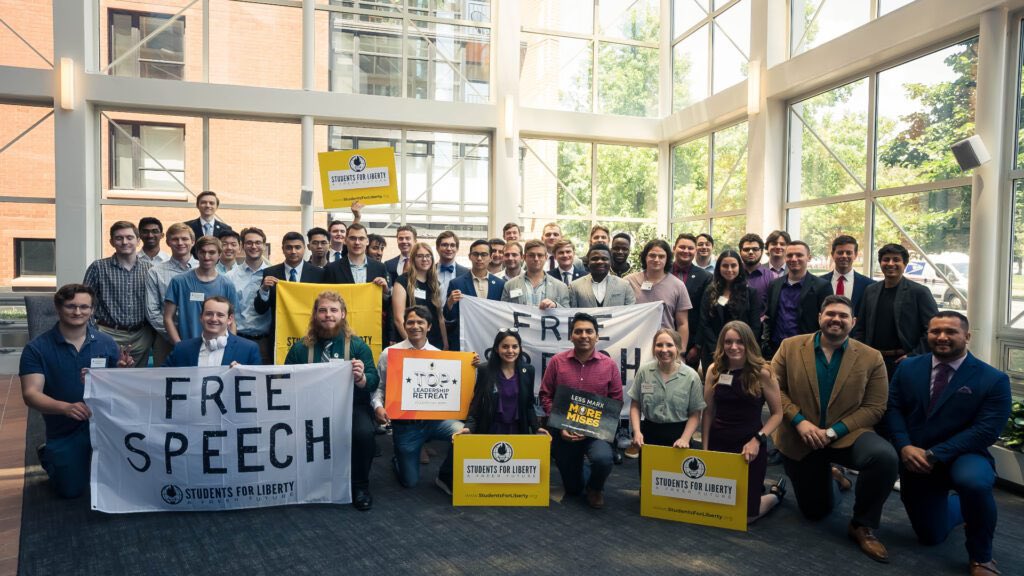
• • •
Missing some Tweet in this thread? You can try to
force a refresh


